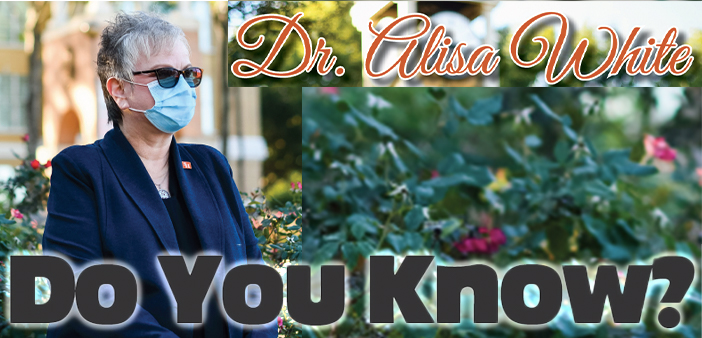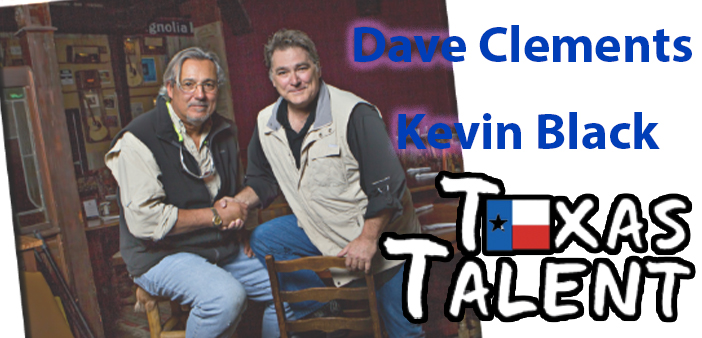“Pilot helps me a lot with my day-to-day issues. He’s the pilot, and I’m the co-pilot. He takes care of me, and I take care of him. We’re a team. He’s my friend. He’s my everything. I don’t know how I ever did without him.” – Eddie
“Bomber helps me to slow down my mind, to live less in the past. I pay more attention to life. I can talk to him and get things off my chest. He loves me, and because of that, I am learning to love again.” – Greg
These heartwarming testimonies would not exist without the inspiration, hard work, and driving commitment of Lori Stevens, the Founder and Executive Director of Patriot PAWS. Her expertise and intrepid character have resulted in bringing blessing upon blessing to the veteran community.

Lori, when did you envision this organization, Patriot PAWS, and what was its inspiration?
In May 2005, a veteran at the Veterans Administration in Dallas asked me to help train his dog. I immediately fell in love with the idea of training service dogs for veterans. I started a training academy and trained dogs three days a week, a few hours each day, in basic obedience. My earnings for this were put into the veteran part of the training until the organization could stand on its own. Patriot PAWS became a non-profit in 2006 and I, along with four volunteers, began this labor of love in earnest!
Please explain your partnership with the Texas Department of Criminal Justice.
In 2007, Christina Melton Crain, Chairperson of the Texas Board of Criminal Justice, saw an article about what we were trying to do and realized that training service dogs would fit nicely into her plan to bring more occupational opportunities to the female prison population. A meeting between TDCJ and seven service dog organizations was set up, resulting in a decision to partner with Patriot PAWS. We signed an agreement with TDCJ in February 2008 and began working with inmates in the Crane and Lane Murray Units, both in Gatesville. We also partner with the Boyd Men’s Correctional Unit in Fairfield.
Has helping to train service dogs been beneficial to the inmates, and if so, how?

Yes, of course! The emotional changes have been huge. It turns the inmates’ focus from themselves and directs it toward helping others by giving back to the community. Additionally, we have seen that it opens communication between the inmate and their family. One family approached the warden on visitation day and expressed their deep gratitude to her for allowing their mother to take part in this training program. They remarked about the positive changes they had seen in her life. Plus, just working with dogs is a cool thing to do! We schedule graduation services at the units when possible so that the inmates can see the positive impact they are having on others.
Is there a best breed of dog for this endeavor?
We generally train retrievers–for several reasons. They are known for their loyalty and are well-received by the public. Their size and intelligence are traits which enable them to help veterans with mobility and post-traumatic stress issues. We have found that a dominating trait in protection breeds (such as German Shepherds) can work against the veteran in certain situations. When a veteran needs medical attention, it has happened on occasion that the dog has stood guard and has not allowed the emergency personnel access to the veteran. Not what you want to happen!
Please give us a brief description of the training process for the dog.
When the puppies go to the prison program, the inmate, known as a puppy trainer, will receive a 3-month-old puppy and keep it for a 3-month period. During this time, the puppy will be in a very structured environment. After the first three months, the dog will then go to either a Dallas/Fort Worth puppy raiser or to a program at Texas A&M, where it will stay for another three to four months. Our goal is to provide the dog with as many experiences and social settings as possible. After this time, we determine what training the dog still needs and whether to send it back into one of the previous places for more socialization. They are moved every 3-4 months for the first 2 to 2 ½ years of their lives. This enables them to go to malls, sporting events, and doctor appointments, and learn to be comfortable in many types of environments.
What is the success rate in your training program?

There is about a 68% success rate in a dog becoming a full-service dog or “vest dog.” We cannot guarantee that a dog will make it through this program until their teenage years (at 12-17 months of age) when their hormones kick in. Even though each dog is spayed or neutered, the hormones still play a part in their personality and abilities. Also, we cannot determine the sturdiness of their hips and elbows until they are 2 years old. The veteran needs a healthy and medically fit dog so that he or she can focus on their own healing and improvement.
Dogs who cannot be placed in full-service roles can become social companions or placed in other situations. Currently, we have a dog at a local Child Advocacy Center and two that work in District Attorneys’ offices. They have found that some people can more easily tell a dog what happened to them than another person! Additionally, we placed a dog with an organization we will soon be working with, “3 For the Love” (3FTL), which is a non-profit organization in Dallas whose focus is on mental health management and support systems for First Responders.
How is the veteran paired with a service dog?
Our process of teaming up a veteran with a dog is different than most other service dog organizations. We let the dog choose the veteran! This process is what we call “Graduation.” When we have 10 dogs ready for service, we invite 6 veterans to come to the facility, either at our Rockwall location or at one of the partnering prison units. For the first 4 days, each veteran will go through a series of cues and commands with each of the 10 dogs. During this time, we watch how the dogs relate to the veterans and can begin to determine the appropriate pairings. The personality and skillset of a dog will begin to blend with the personality and needs of a particular veteran, and you will sense the dog really likes this person! On day 5, we assign a dog to a veteran and for the following 5 days, we evaluate the effectiveness of this decision.
What criteria must a veteran meet to be eligible for a service dog?
An application and home visit are required for those being considered. This home visit is not to evaluate how the veteran lives but helps us determine if the environment is well-suited for a service dog. We need to know whether there are toddlers or small children, other pets such as rabbits or ferrets, or other variables the service dog will need to adapt to. This knowledge plays a key role in the partnering process. Also, keep in mind that retrievers…retrieve things! Birds or chickens on the property may be a problem! In fact, I went for a home visit in New York, and upon arriving at the ranch, encountered a tall rooster on the front porch! I told our trainers we needed to find a dog who would not be chasing chickens! When a trainer brought in a retriever with a parakeet sitting on its head, I knew we had our match!
What is the veteran’s financial obligation in receiving a service dog?

There is absolutely no cost for the veteran! The cost to train and provide the necessary support per dog is $35,000. In addition to training the dog, we do home visits before and after placement, as well as continue to provide follow-ups through the lifetime of the animal. Finances are provided through public support, and no government help is involved. We have been fortunate that several corporations have sponsored one or more dogs, but most of our donations come from the public and are generally $25 or less. Several levels of sponsorship are available on our website.
Please share a success story or two from your vast archives!
There are so many success stories! I have heard many times over that veterans can finally get a full night’s sleep once they receive a dog, whereas in the past, they could sleep no more than 2 hours at a time. This is a common benefit for many of our veterans. One veteran only felt safe when sleeping in his basement. After receiving his service dog, he was finally able to sleep upstairs in his bedroom. One night, the dog alerted him to a fire in the house which started in the basement. The dog was able to get the phone so that help could be called, and the veteran’s life was saved!
Patriot PAWS has been an overwhelming success in many lives. What are your future plans for the organization?
We have placed service dogs with veterans in 39 states and hope to continue touching lives from our 3.5-acre facility in Rockwall, Texas. We are excited about our developing partnership with 3FTL, and in addition to the
three TDCJ units we currently partner with, we hope to add another prison unit in the future. Above all, our goal has always been that of quality over quantity. We want to provide the best trained dogs for our deserving veterans. Truly, their well-being is our ultimate goal and passion!
Lori, a huge thank you goes out to you, your staff, and volunteers for helping to improve the lives of our veterans and First responders through Patriot PAWS. You are on the front lines as well and are making a difference! Your motto speaks volumes, “A Service to Those Who Have Served.”
For further information about Patriot PAWS or to make a donation, go to www.patriotpaws.org. or call 972-772-3282




